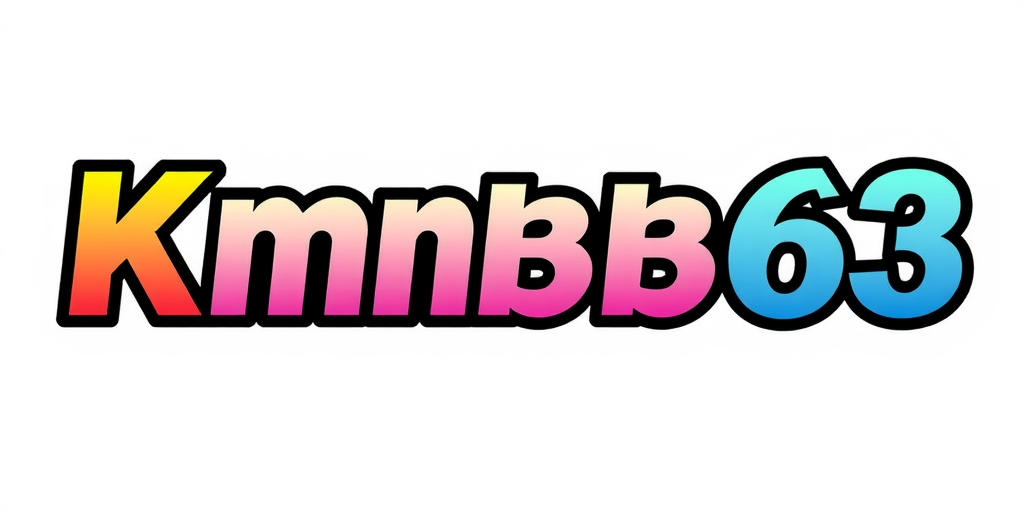Maximizing Digital Efficiency: The Power of a URL Shortener
In the ever-evolving digital landscape, simplicity and efficiency are key. Whether managing a marketing campaign or sharing content on social media, the presentation and functionality of links matter. That is where a URL shortener becomes invaluable url shortener. This tool transforms long, complex web addresses into compact, easy-to-share links that improve user experience and boost engagement.
A URL shortener is a service that converts a lengthy URL into a much shorter version, which redirects users to the same destination. The primary function is to take an extended string of characters and reduce it to a simplified format without changing the target page. These shortened links are especially beneficial in environments with character limits, such as social media platforms like Twitter or messaging apps.
One of the most significant advantages of using a URL shortener is aesthetic appeal. Long URLs can appear cluttered, unprofessional, and overwhelming to readers. Shortened links, on the other hand, look clean and polished, enhancing the visual appeal of emails, posts, and presentations. This polished look can increase click-through rates, particularly when the shortened URL is branded or customized.
Another benefit is improved tracking and analytics. Most URL shorteners offer built-in tools that allow users to monitor how many times a link has been clicked, where the traffic originated, and what devices or locations were used. This data is crucial for digital marketers who need insights into audience behavior and campaign performance. It enables data-driven decisions and better targeting for future campaigns.
Additionally, a URL shortener can improve the sharing experience. With a concise URL, users are more likely to share links with others. This boosts organic reach and facilitates virality for content that resonates with audiences. Short links are also easier to remember or type manually if needed, which increases their usability across different platforms.
Security is another area where URL shorteners play a role. Many services provide spam or malware detection, ensuring that users are redirected to safe websites. This adds a layer of trust between brands and their audience, especially when links are shared publicly or across unfamiliar channels.
Furthermore, a URL shortener helps with link management. For businesses handling multiple campaigns or links, having a central dashboard to organize, edit, or deactivate links is a valuable asset. It reduces the chaos of managing raw URLs and gives better control over how and where links are used.
Despite their benefits, URL shorteners should be used thoughtfully. Overuse or reliance on generic shortening services without customization can raise suspicions among users, as some may associate shortened links with spam or phishing. To combat this, many organizations opt for branded short links that reflect their domain name and add credibility.
In conclusion, a URL shortener is more than a tool to save space. It is a strategic asset that enhances digital communication, strengthens branding, improves analytics, and fosters better audience engagement. As online competition grows and attention spans shrink, the ability to share concise, trackable, and trustworthy links becomes a significant advantage for businesses and individuals alike.


